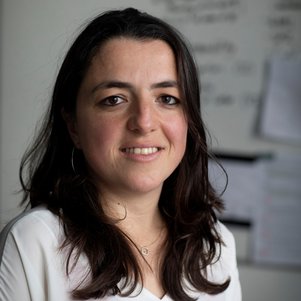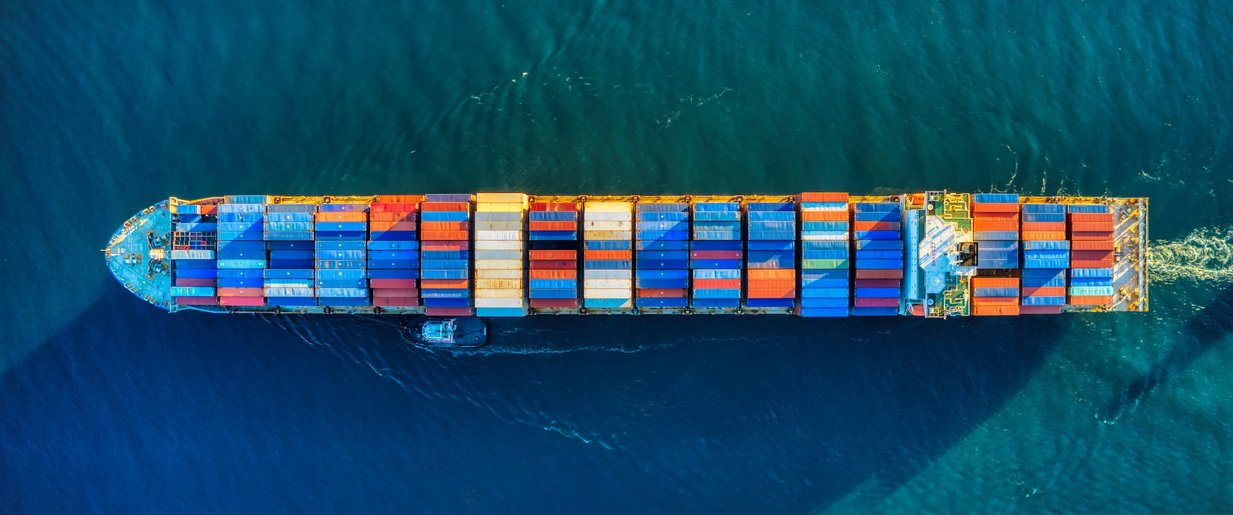ERC Starting Grant for developing adaptive transport systems with self-learning capabilities
Bilge Atasoy, associate professor at the Department of Maritime & Transport Technology, has been awarded an ERC Starting Grant to develop adaptive transport systems. She will work on a holistic adaptive modelling framework that considers the interactions between supply and demand to make transport more efficient, sustainable and user-centric.
Using the right resources in the right place at the right time. That, in a nutshell, is the aim of Bilge Atasoy’s research project. She explains that transport systems are very complex and involve various entities, such as stakeholders and resources, at different decision-making levels. As an example, she mentions the process of transporting cargo from the port to local end-users. But she also works on a smaller scale, for example on the delivery of goods in Amsterdam. ‘Currently, there is no comprehensive way to model the entities involved and their interactions in transport systems. This prevents us from using the system to its full potential, which causes delays, inconvenience to users or unused capacity on a vehicle, for example,’ says Atasoy.
Benefits of an adaptive transport system
The ERC Staring Grant of 1.5 million euros will enable Atasoy to initiate a five-year research project to develop a holistic adaptive modelling framework. But what benefits does this adaptive transport system offer? ‘First of all, it will lead to more efficient transport,’ explains Atasoy. ‘This means that operators will be able to transport more cargo with the resources they currently have. But it could also reduce the average delivery time, save costs and better meet the needs of users.’ In addition, a more efficient transport system will eventually reduce carbon emissions and contribute to sustainable solutions.

B. (Bilge) Atasoy
- +31 15 27 82706
- B.Atasoy@tudelft.nl
-
34.B-4-290

Adapting transport decisions
Developing a holistic modelling framework means working at the intersection of different fields. ‘I will combine my expertise in operations research, behavioural modelling and machine learning,’ Atasoy says. She will develop adaptive optimisation and learning techniques that will enable her to use information across the transport network in a self-learning manner. This is a complex challenge, as transport problems involve a range of entities with different characteristics making decisions related to different time scales. But Atasoy is eager to take up this challenge. Her aim is to apply the modelling framework to two case studies during this five-year research project: one on long-haul transport and one on urban logistics. This will allow her to evaluate the potential of the proposed adaptive methodologies. ‘For example, the new transport system could propose to adapt the fleet allocation based on the performance of the routing in terms of delays. Similarly, transport capacity decisions can be adapted over time and space based on continuous learning of user preferences,’ says Atasoy.
Impact beyond transport
This project will lead to new models and algorithms with self-learning capabilities. ‘This capability will enable service providers to adapt and maintain their business, transport users to receive better services and society to achieve sustainable transport solutions that address one of EU’s major challenges,’ says Atasoy. In addition, the adaptive methodologies in this project are relevant for several other scientific fields, such as energy and health, so the scientific impact will go beyond transport.
European Research Council
The ERC is the premier European funding organisation for excellent frontier research. The ERC Starting Grants are designed to support excellent principal investigators who are starting their own independent research team or programme. Principal investigators must demonstrate the ground-breaking nature, ambition and feasibility of their research proposal. Bilge Atasoy is the first researcher from the Maritime & Transport Technology Department to be awarded an individual ERC grant.